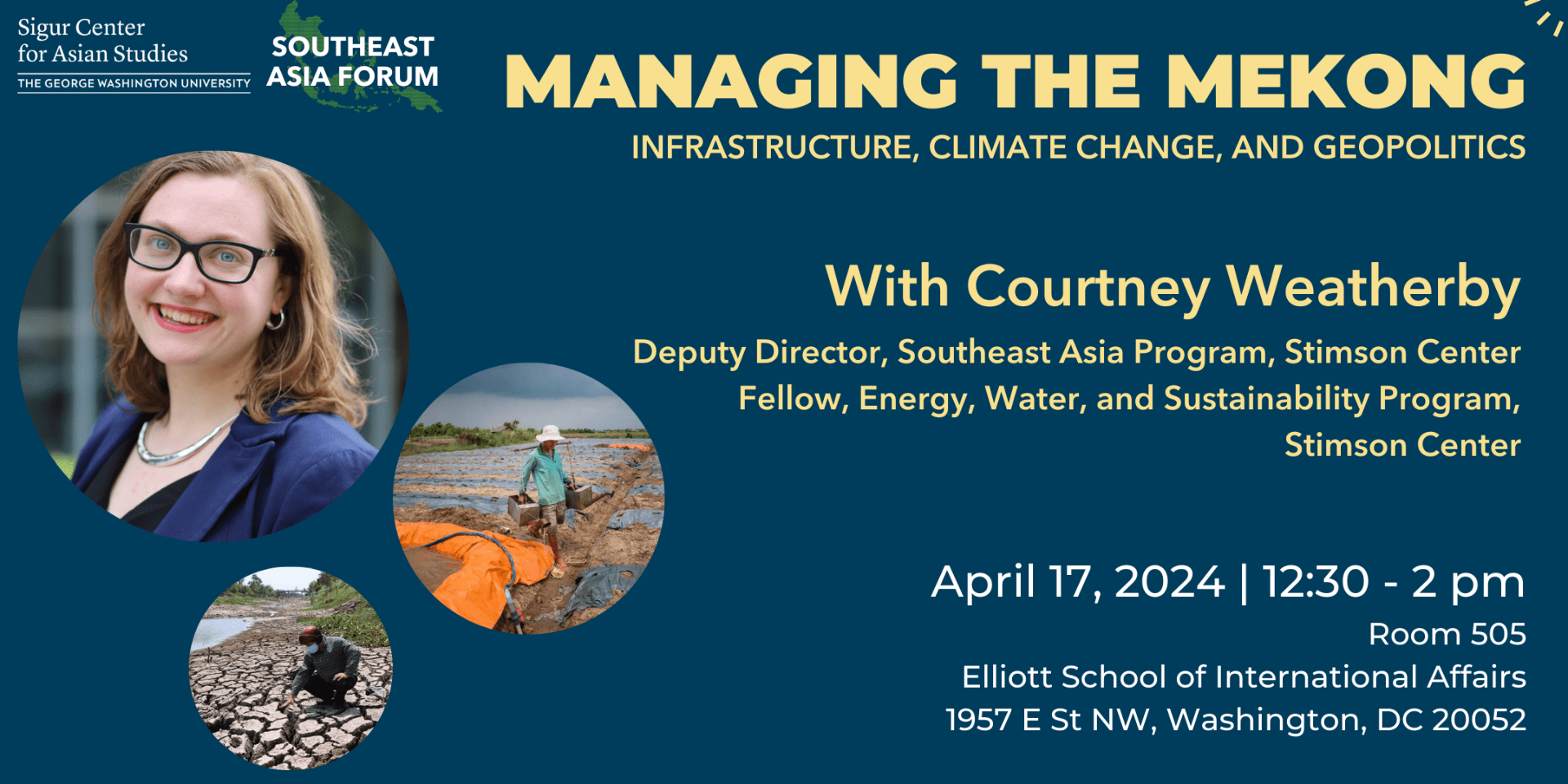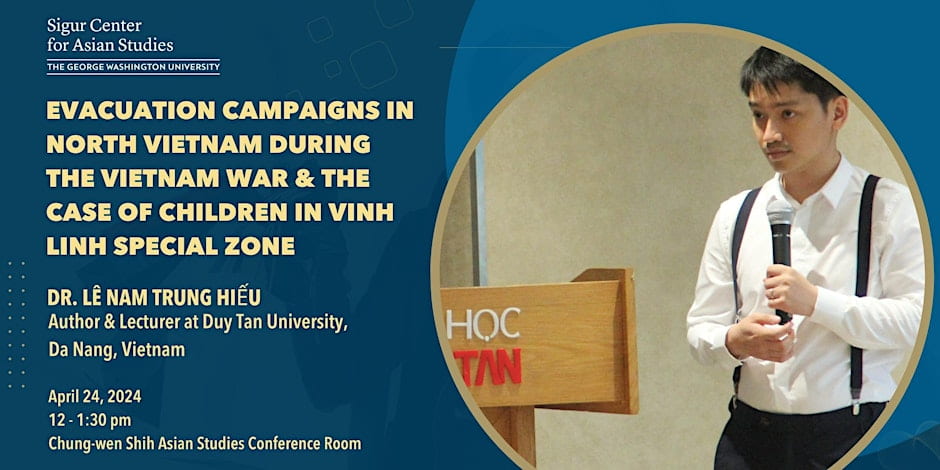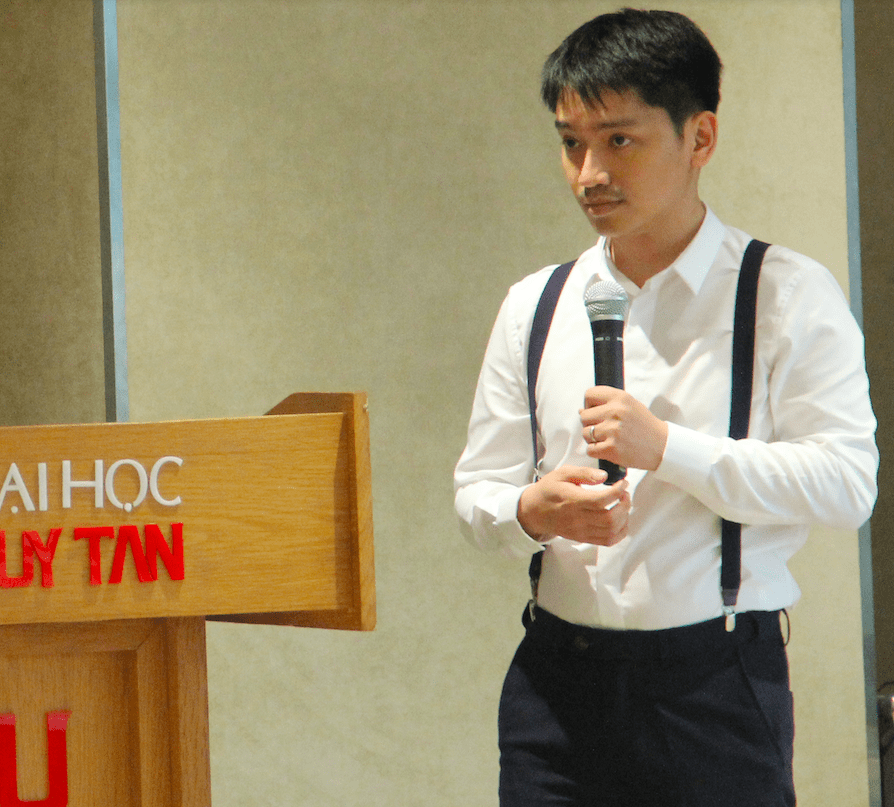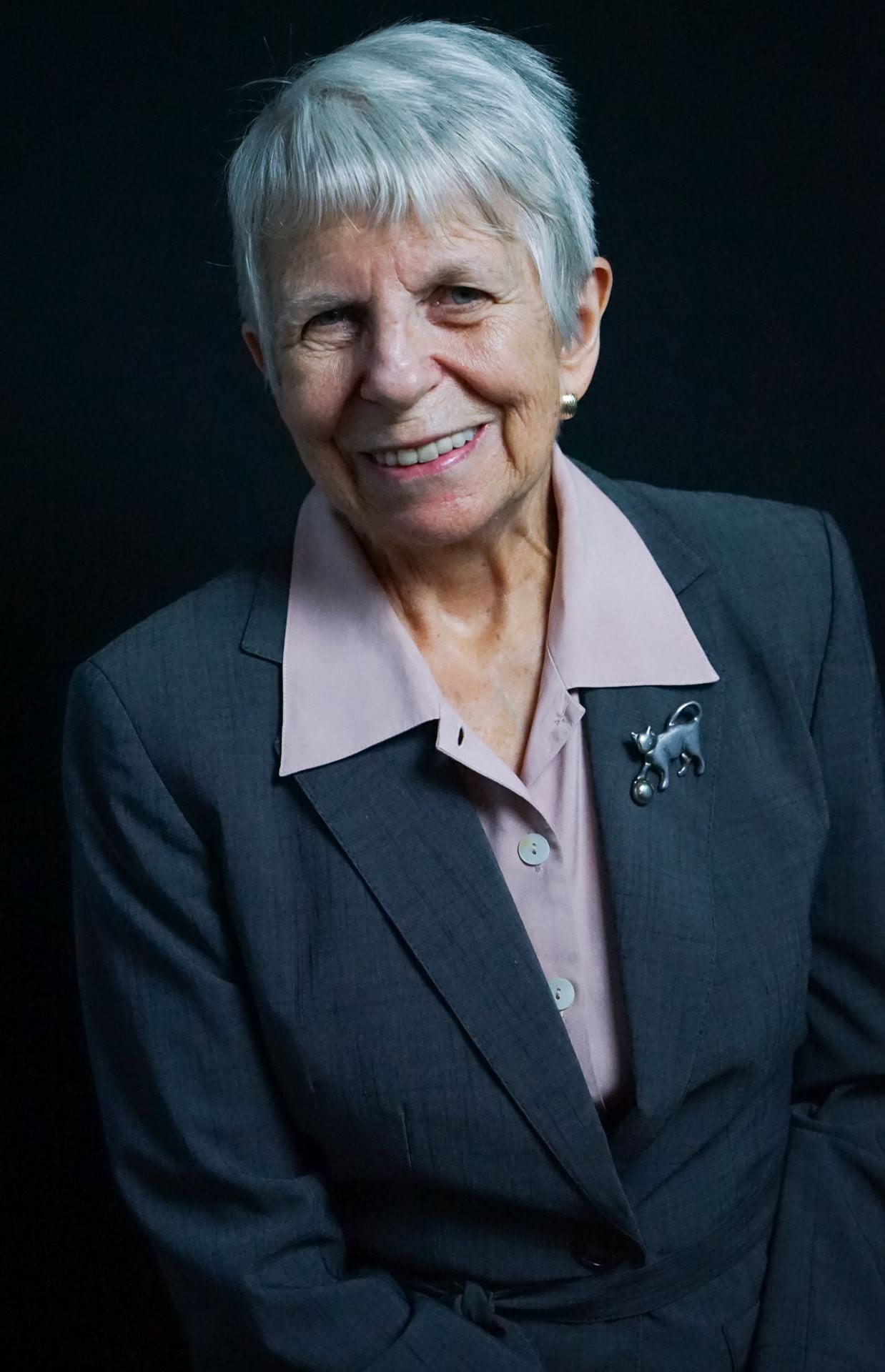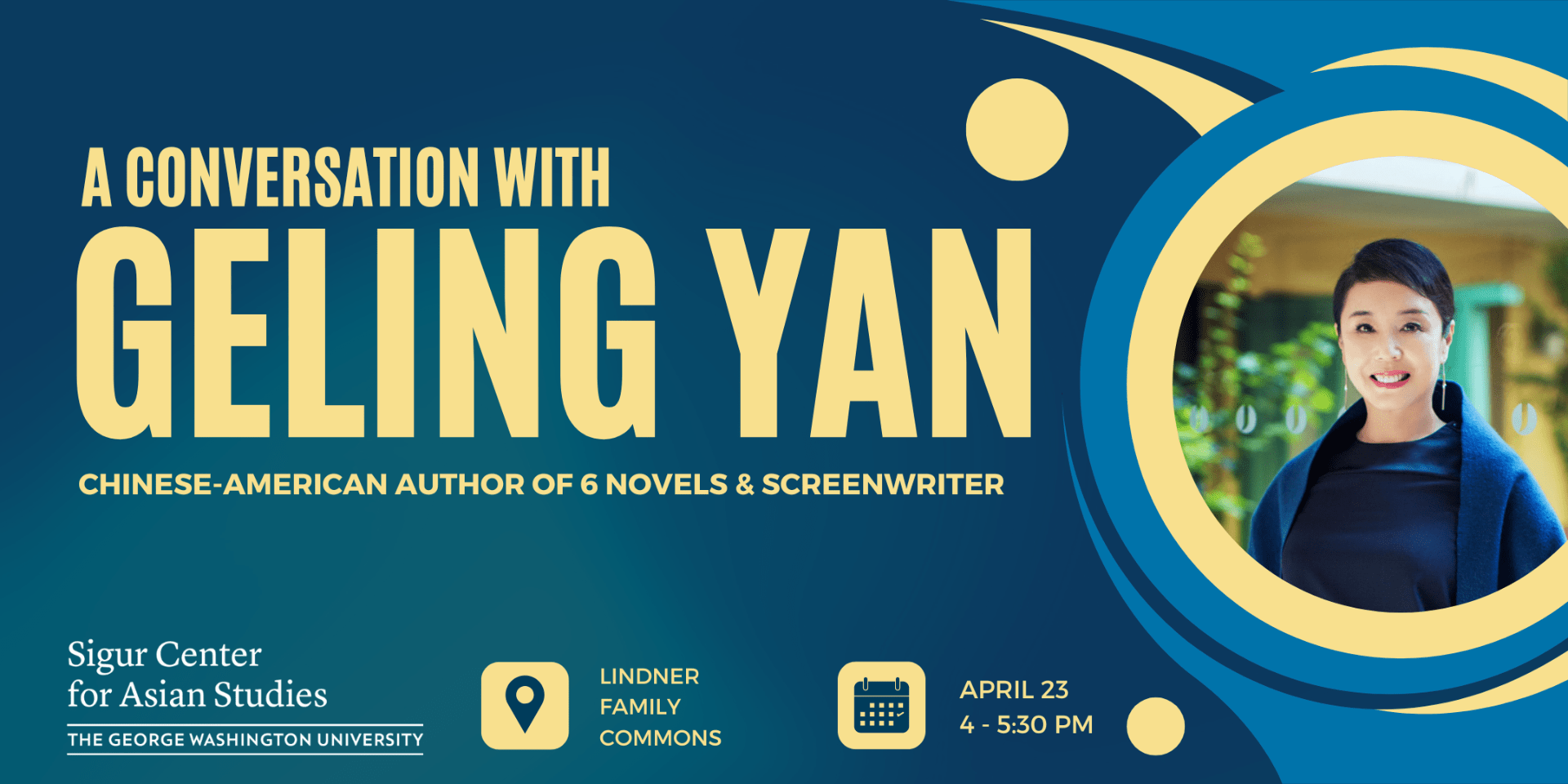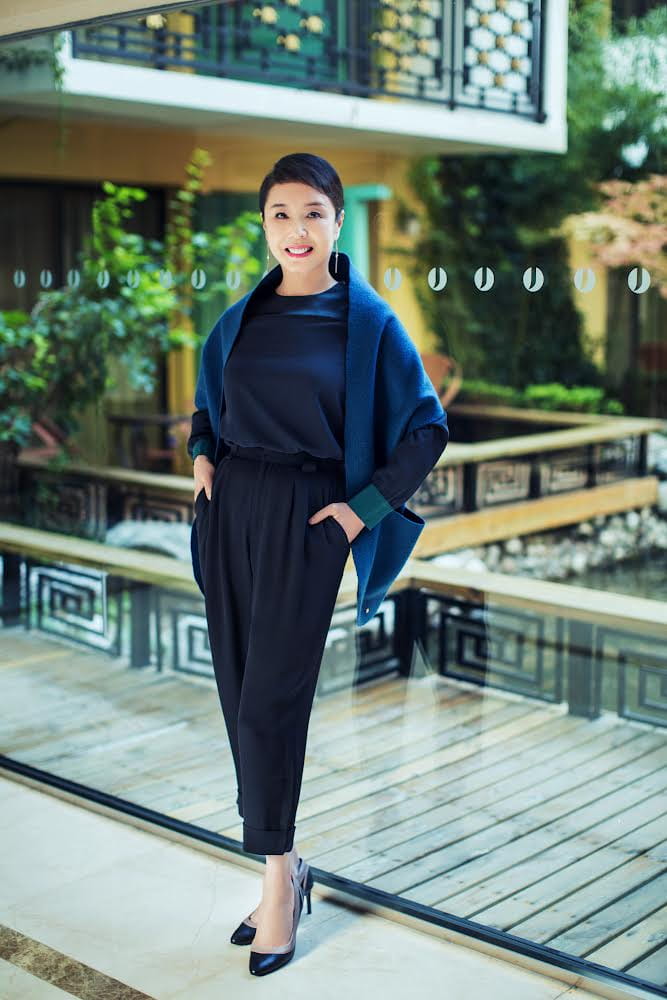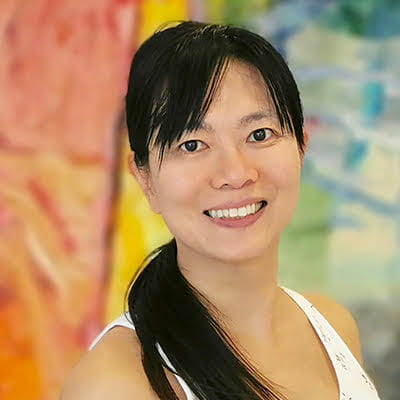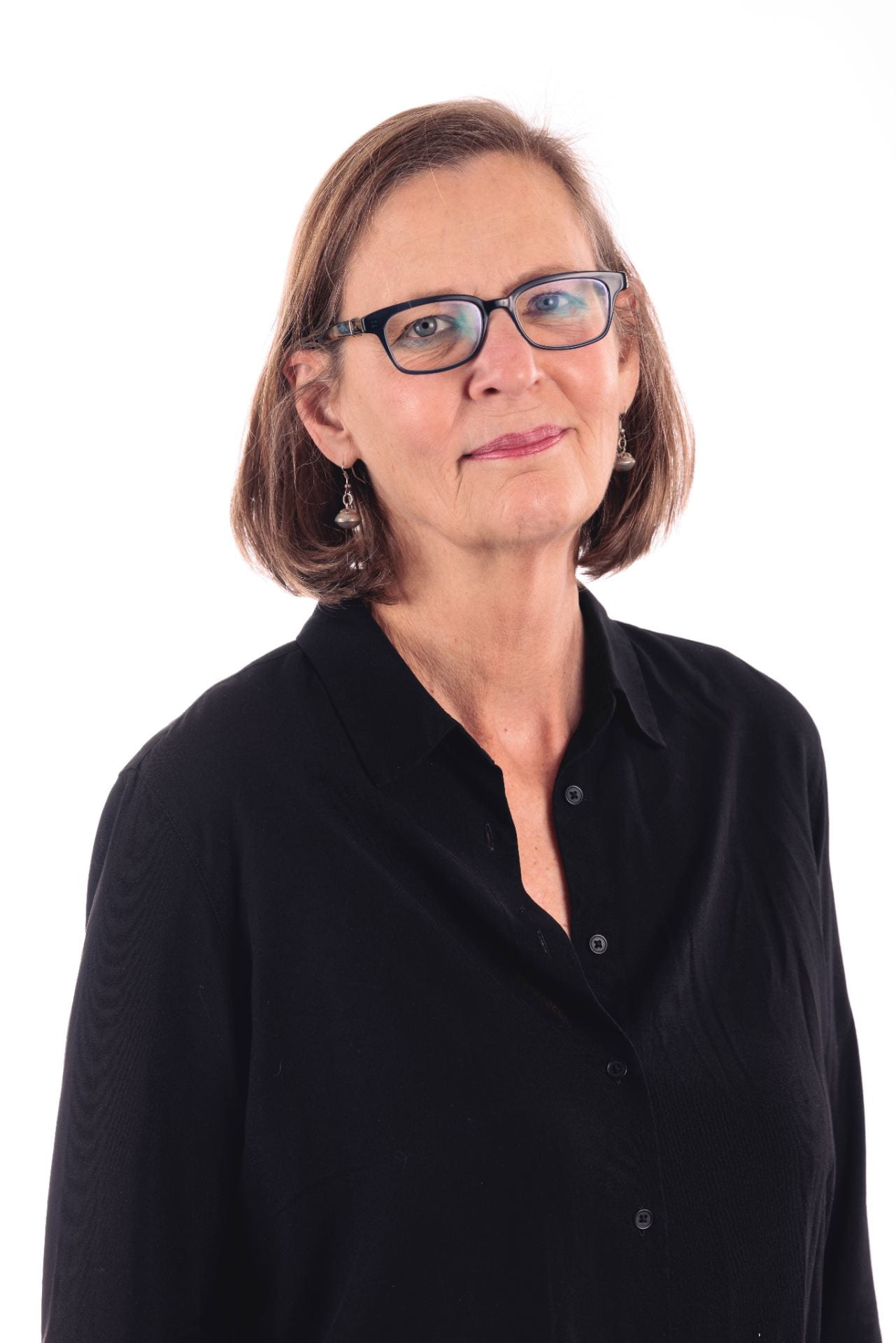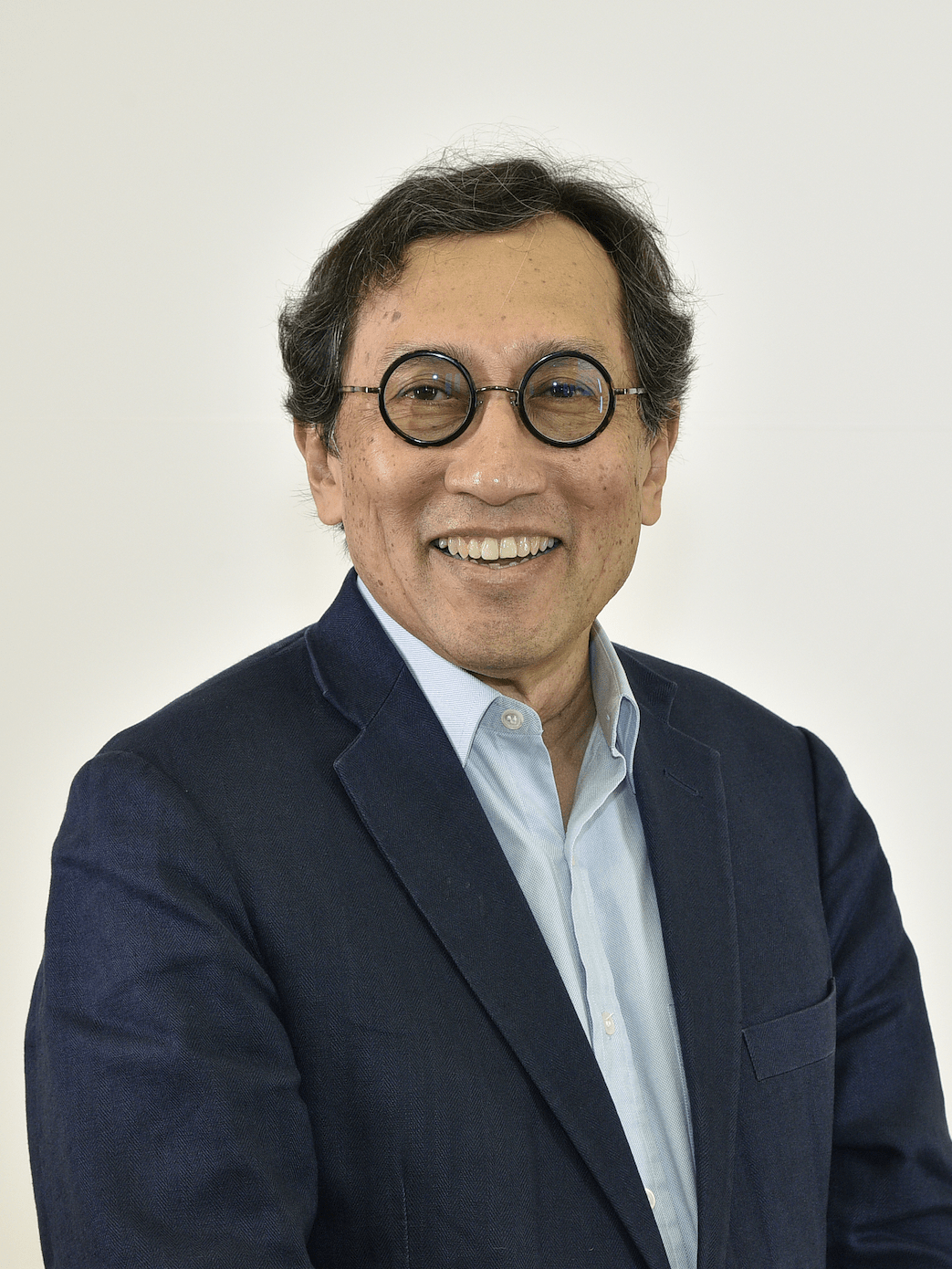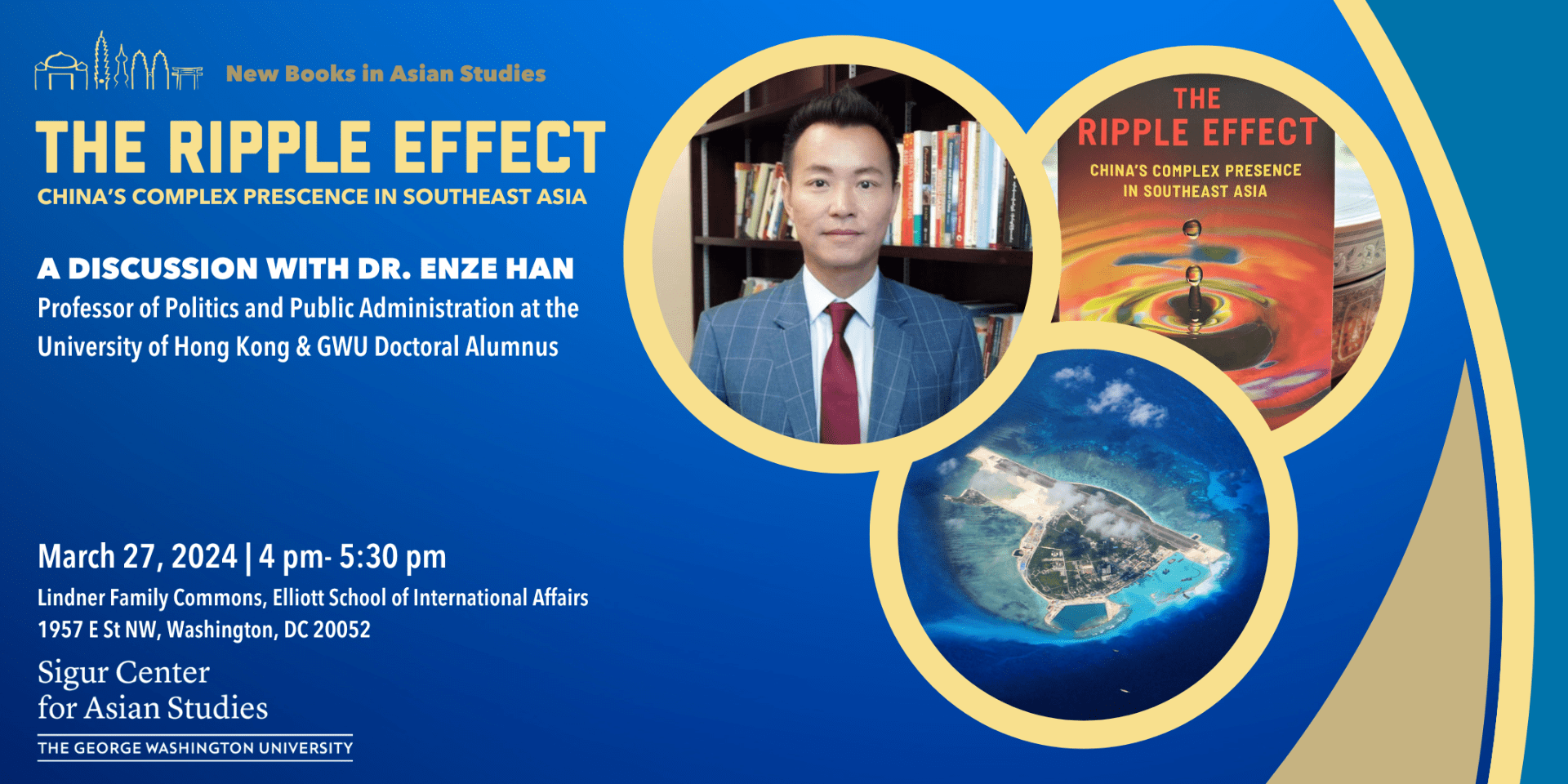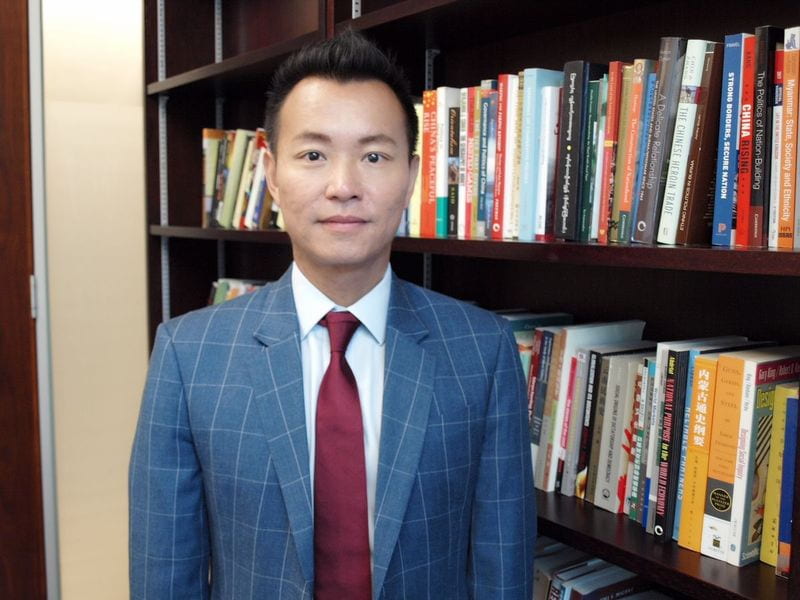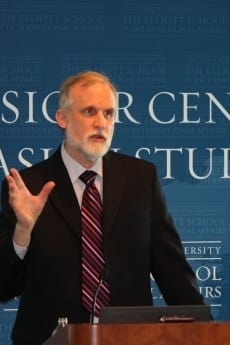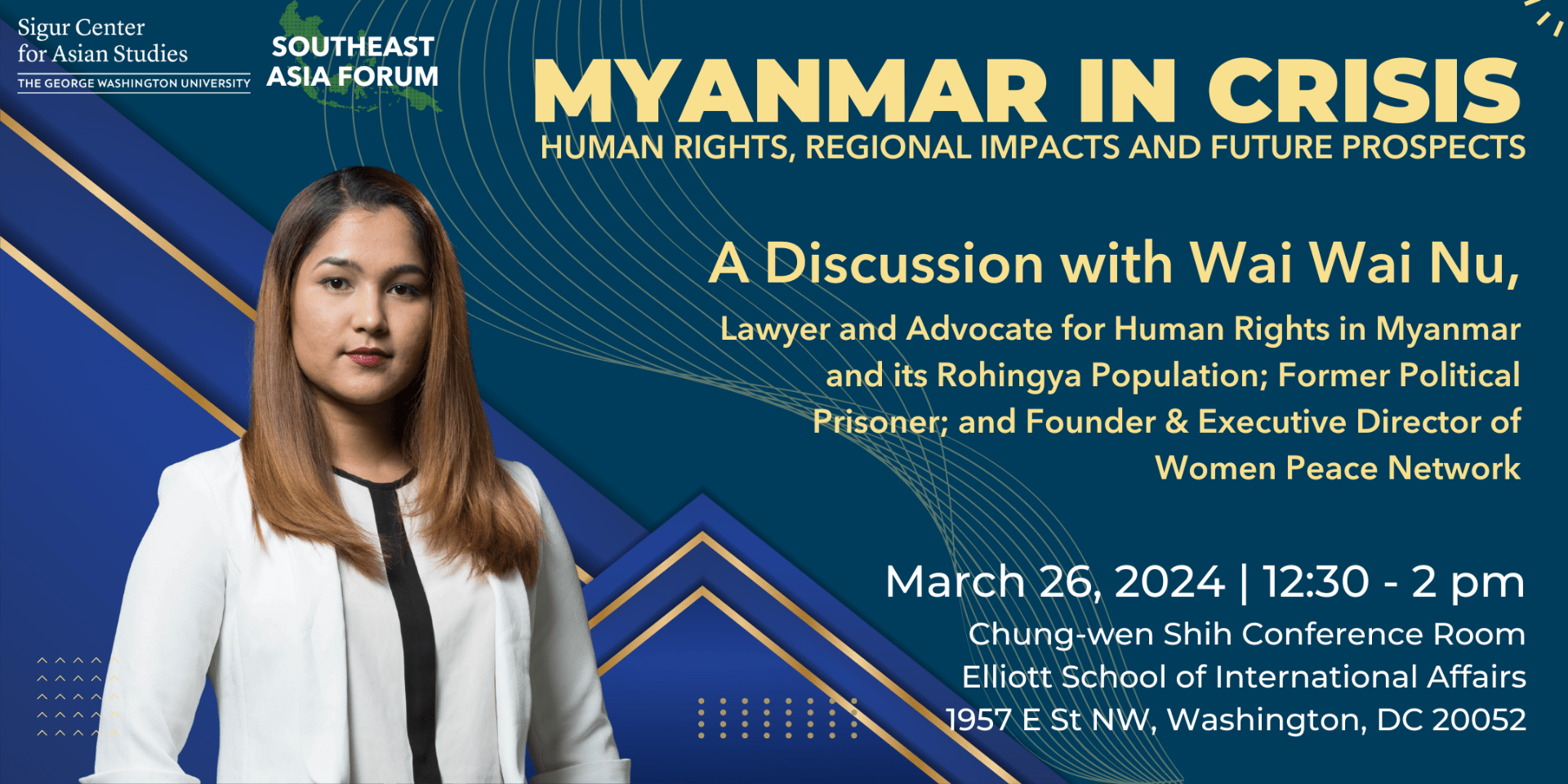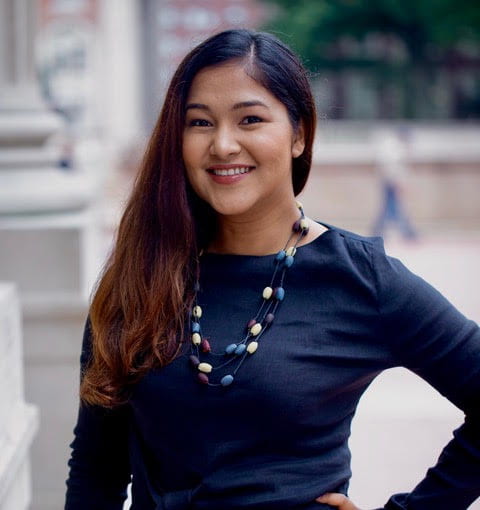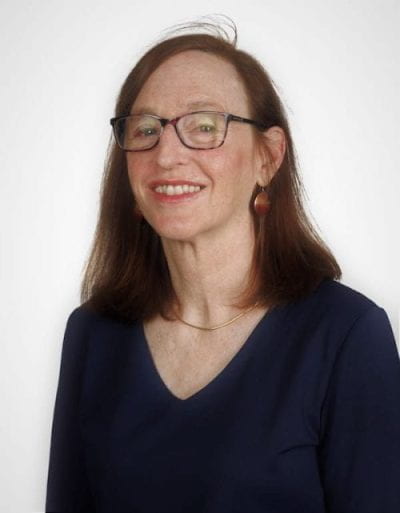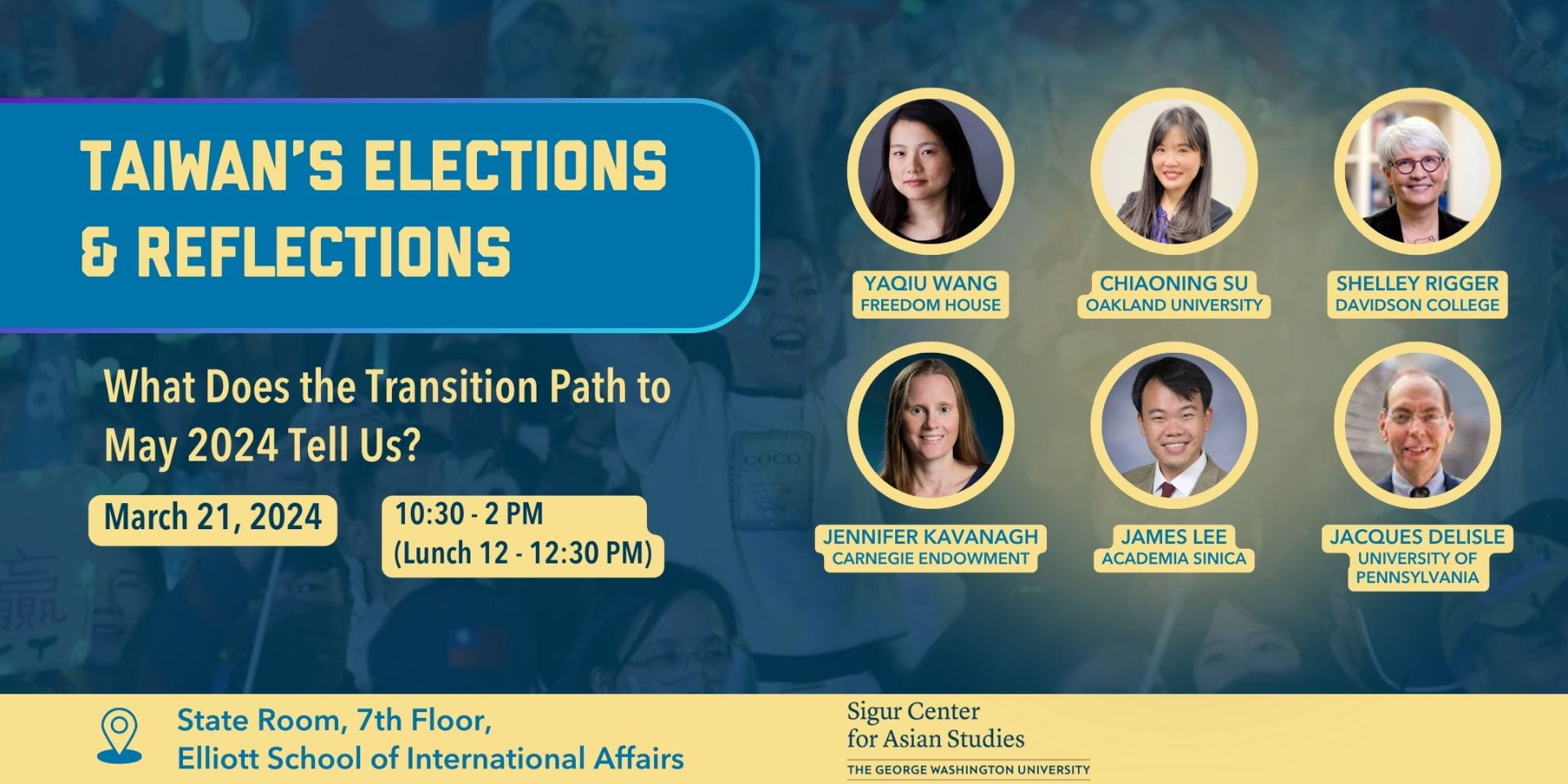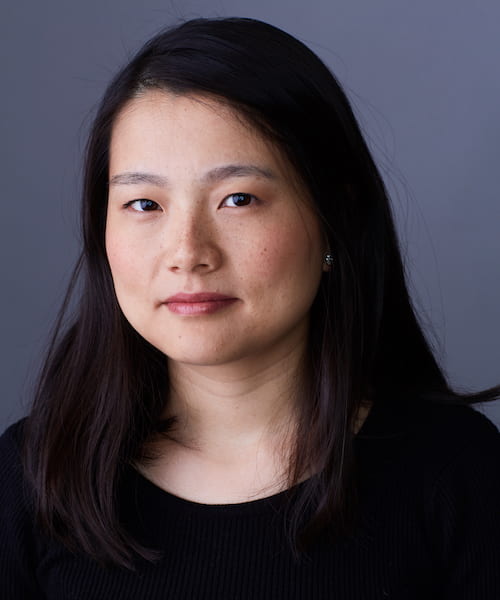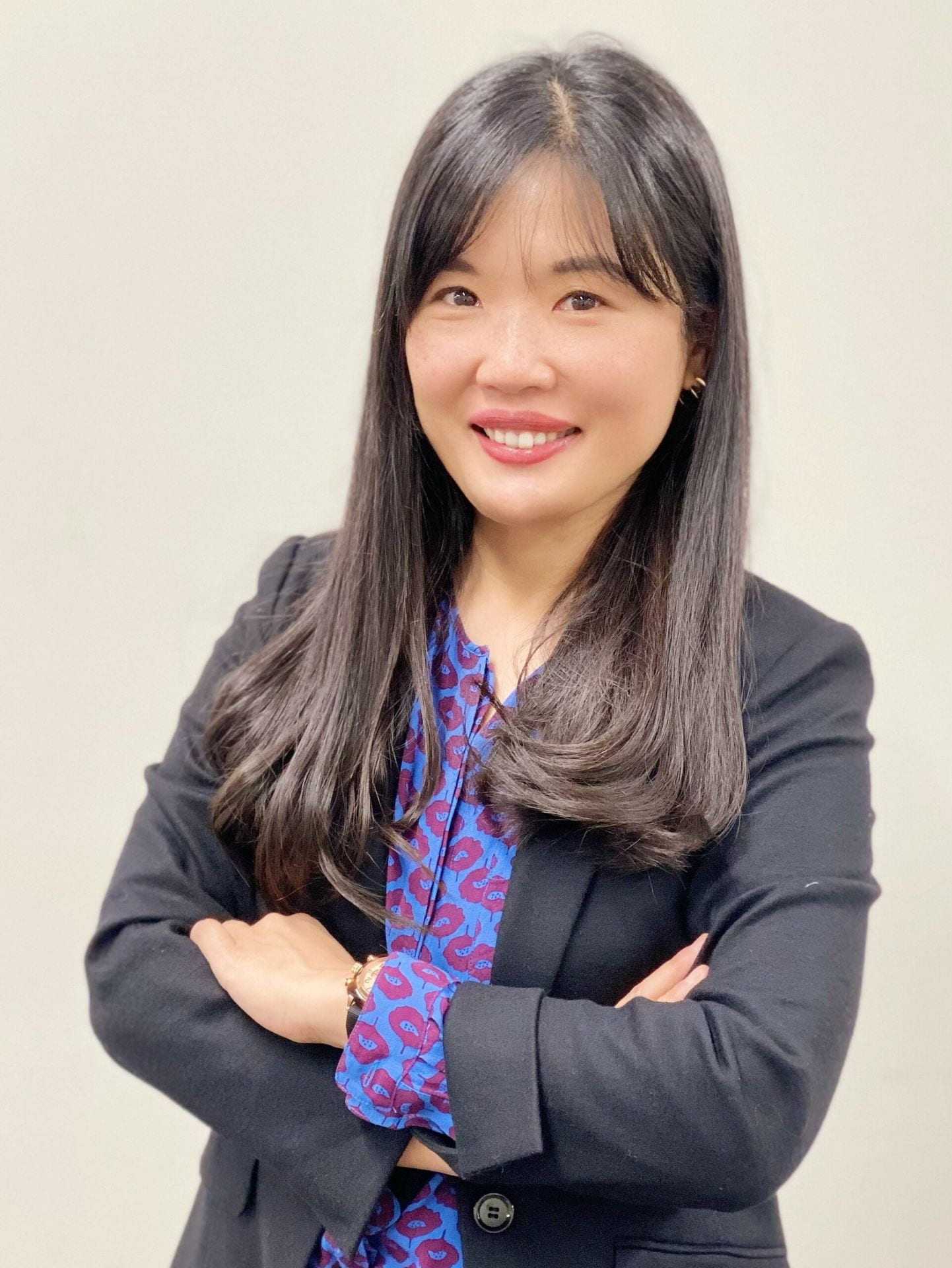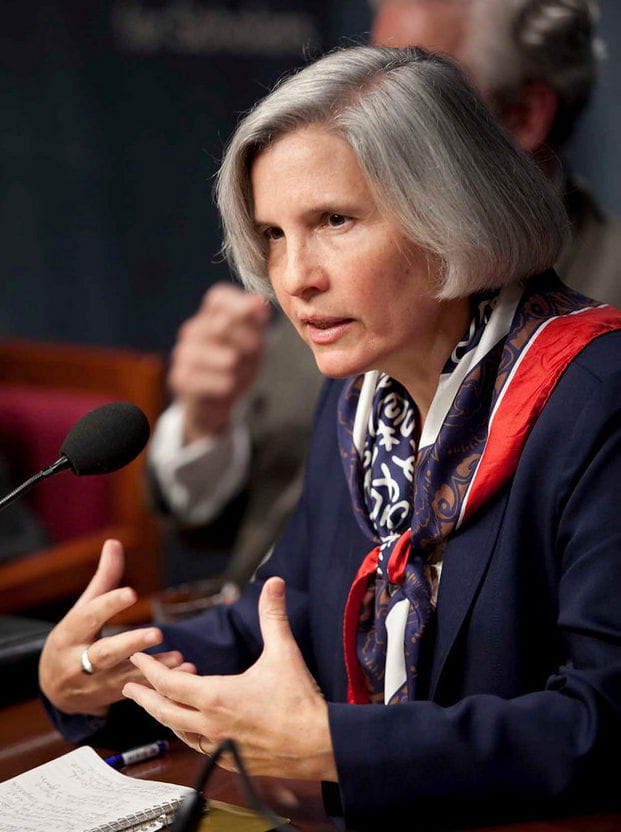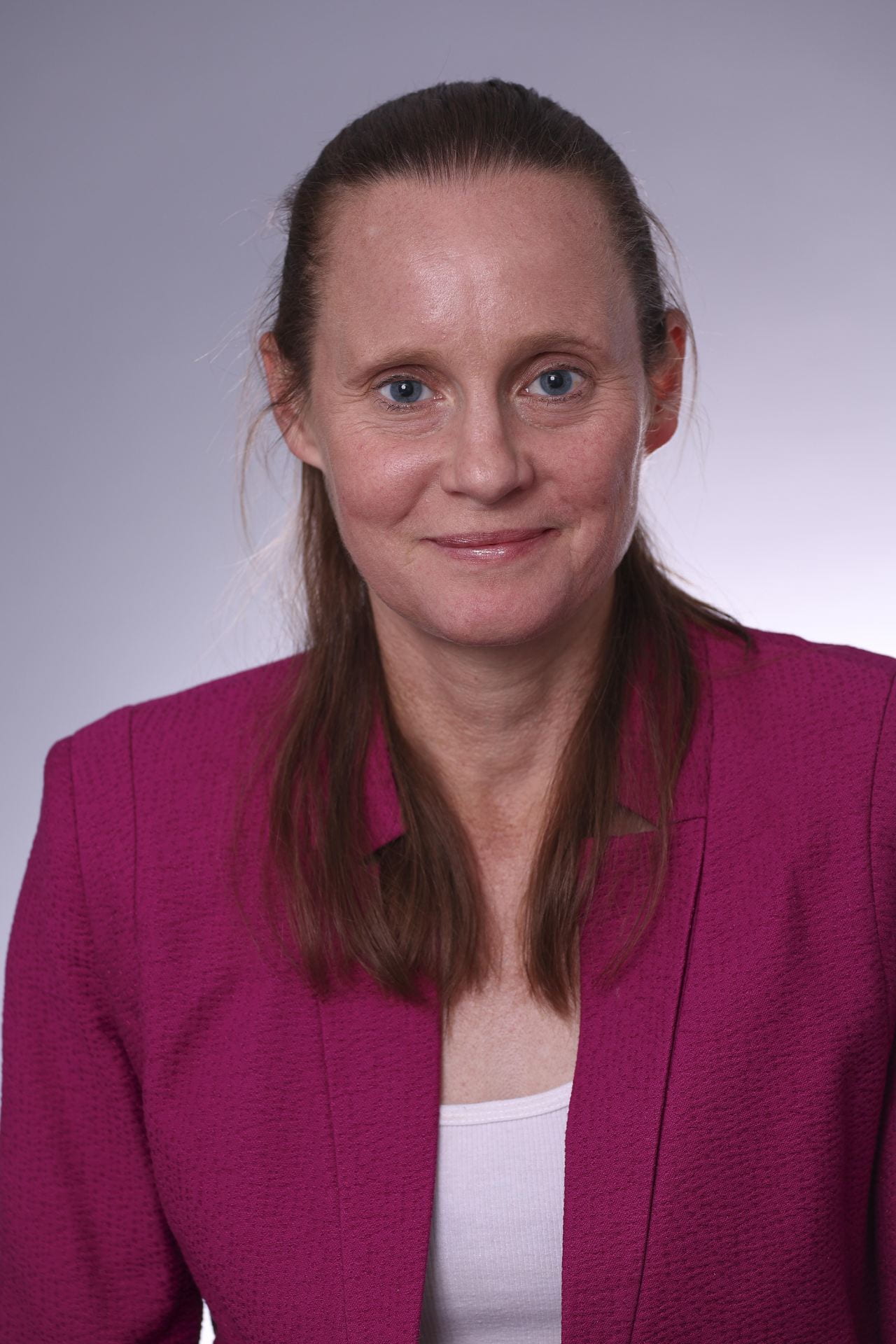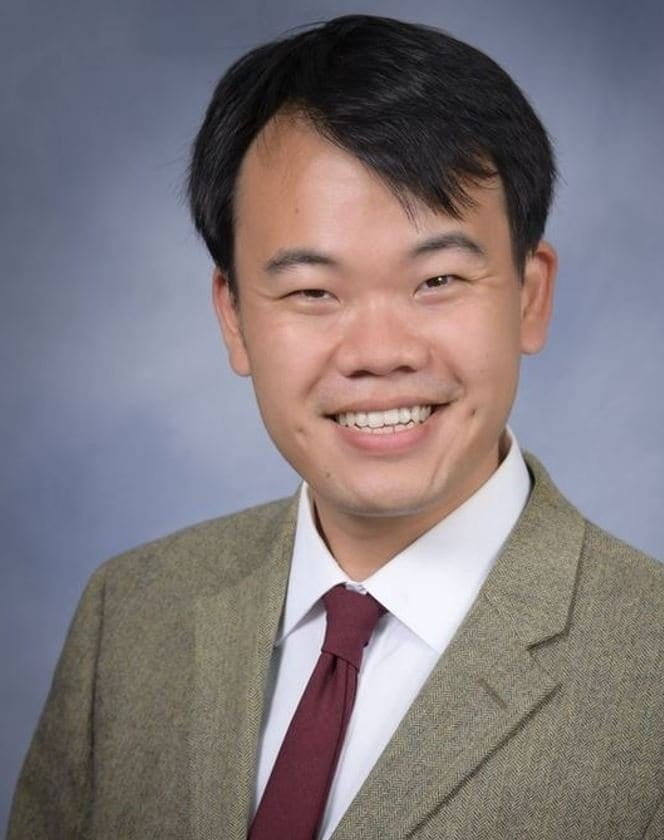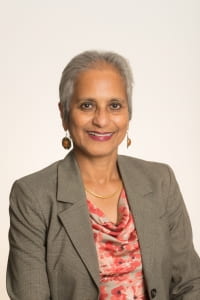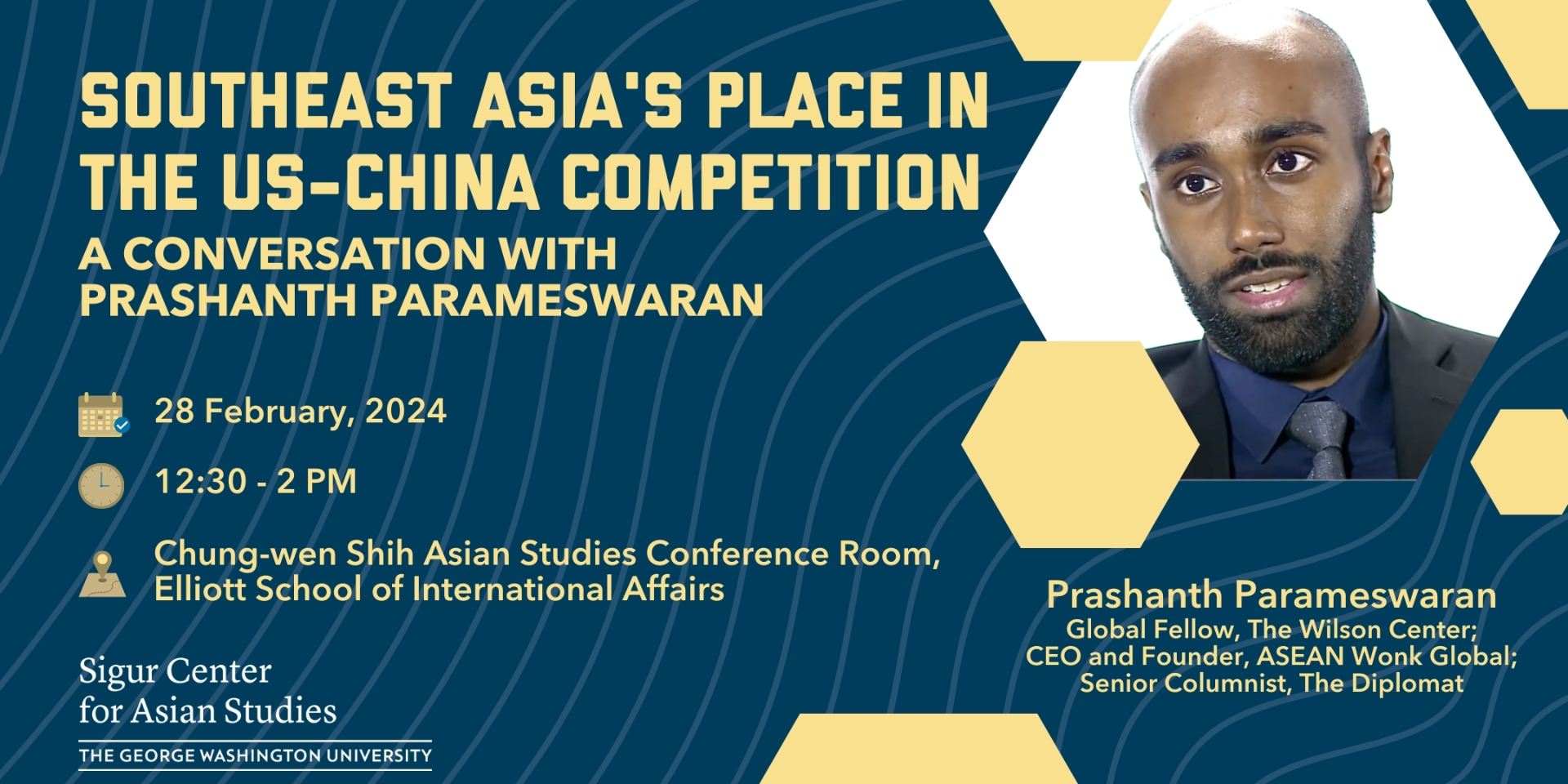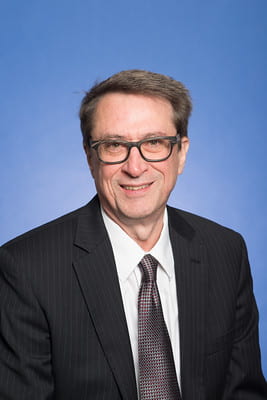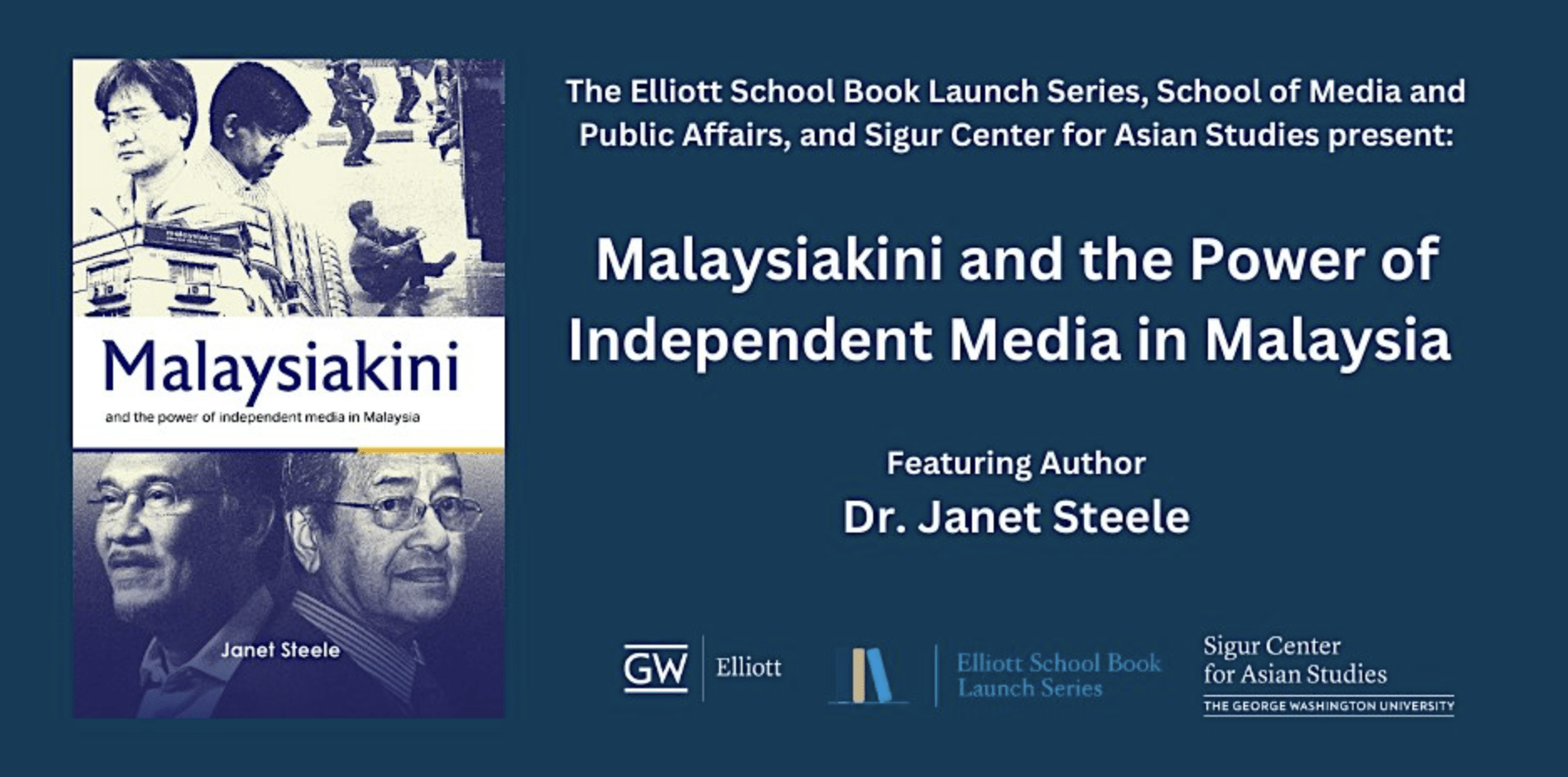Wednesday, April 17, 2024
12:30 pm – 2:00 pm
Room 505
Elliott School of International Affairs
1957 E Street NW Washington, D.C. 20052
Speaker
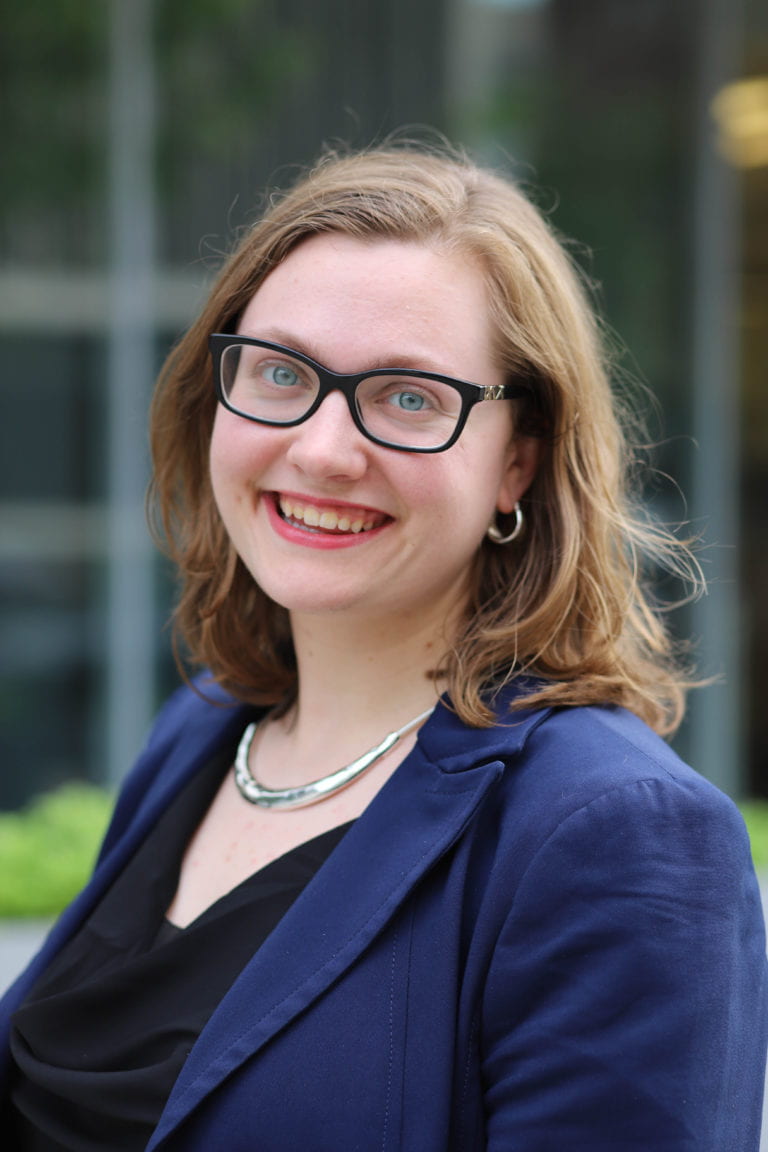
In 2019, she served as a US-Japan-Southeast Asia Fellow at the East-West Center, focusing her research on US-Japan collaboration on energy infrastructure in Southeast Asia. She has spoken publicly on panels at a variety of institutions including the National Bureau of Asian Research’s Pacific Energy Summit and the Greater Mekong Forum on Water, Food, and Energy. Before joining Stimson in 2014, Weatherby worked with the State Department, Center for Strategic International Studies, and Human Rights Watch. She holds a M.A. in Asian Studies from the School of Foreign Service at Georgetown University and a B.A. in East Asian Studies with honors from Dickinson College.
Moderator
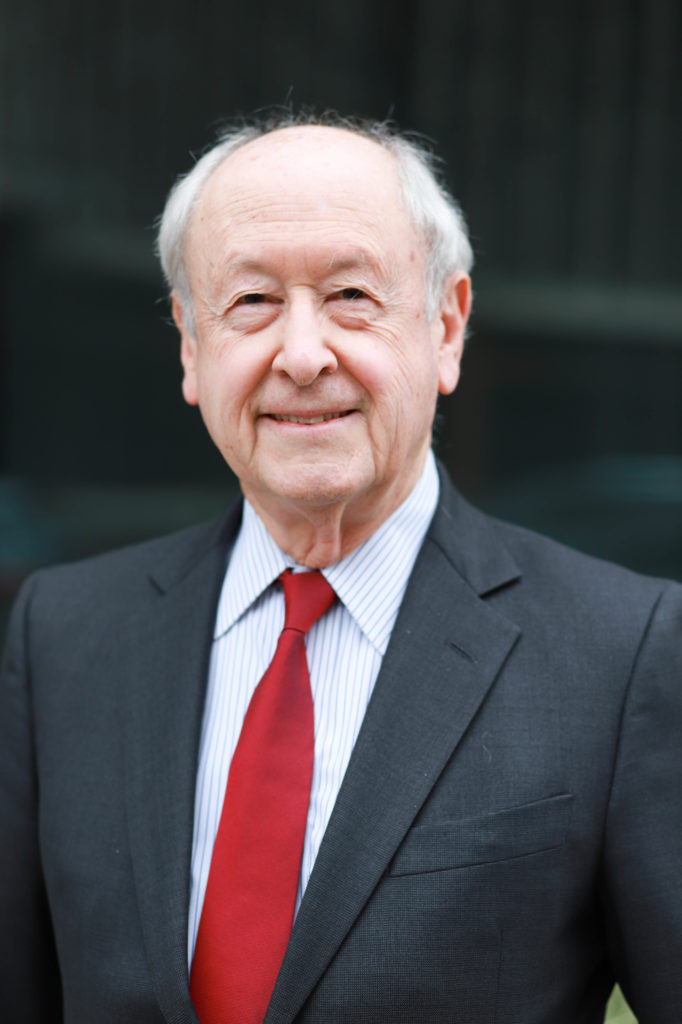
William M. Wise chairs the Southeast Asia Forum, a project to promote the study of Southeast Asia at colleges, universities and research centers in the Mid-Atlantic region. He is a former Non-Resident Fellow at the Stimson Center, affiliated with the Southeast Asia Program.
Professor Wise’s government and teaching career focused on defense, security and intelligence issues in Asia. From 2005 to 2019 he managed the Southeast Asia Studies program at the School of Advanced International Studies (SAIS), Johns Hopkins University, and taught courses on Southeast Asia and intelligence problems in Asia. Prior to teaching at SAIS, he was Adjunct Professor of the Practice of International Affairs at the Elliott School of International Affairs (ESIA), George Washington University. He was a Public Policy Scholar at the Woodrow Wilson Center in Washington in 1999.
Professor Wise’s government experience spanned more than three decades. He was Deputy National Security Advisor to the Vice-President; Chief of Policy at the U.S. Pacific Command (now U.S. Indo-Pacific Command); and Deputy Director, for Policy Planning, East Asia & Pacific Region, Office of the Secretary of Defense. Earlier, he served in various positions in the U.S. Intelligence Community in Washington and overseas. He retired from the U.S. Air Force as a Colonel in 1997.
Professor Wise received his undergraduate degree from Amherst College and master’s degree from the University of Hawaii.
